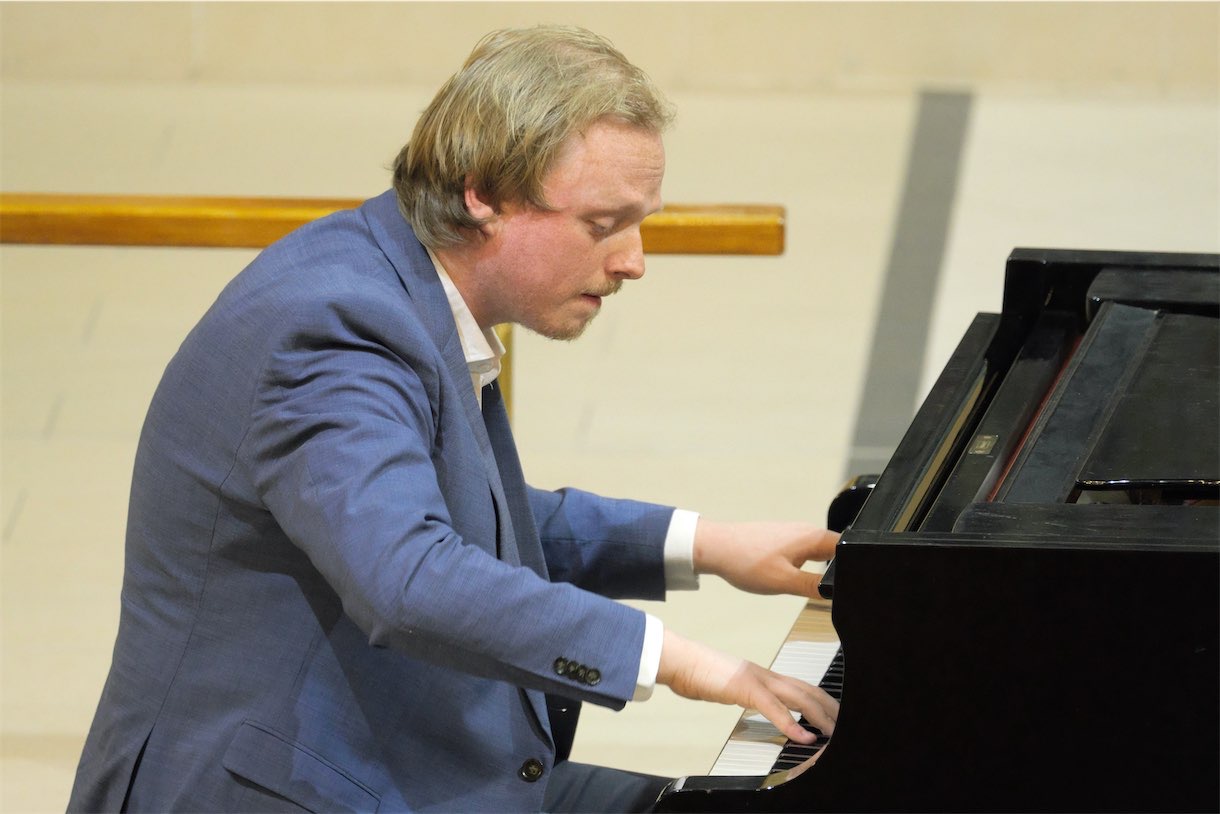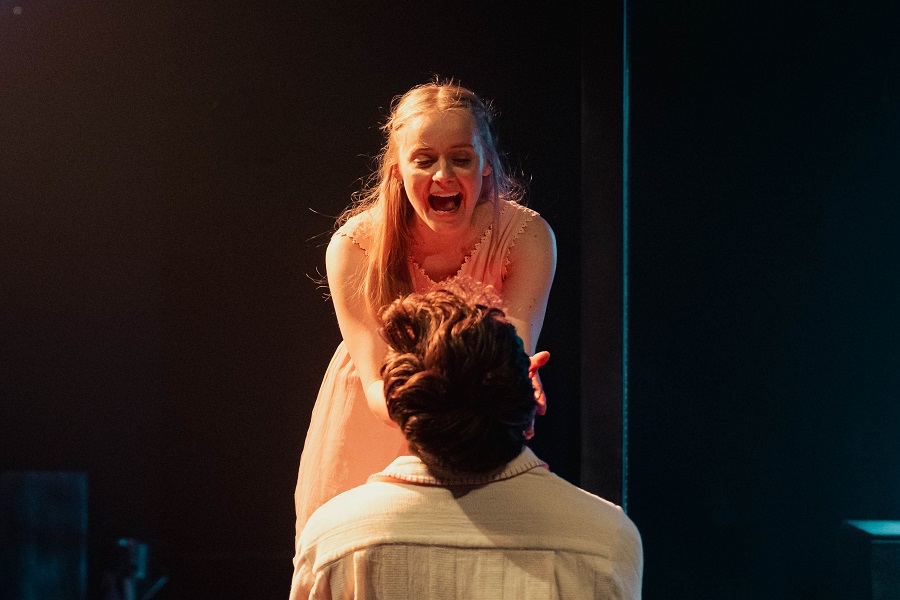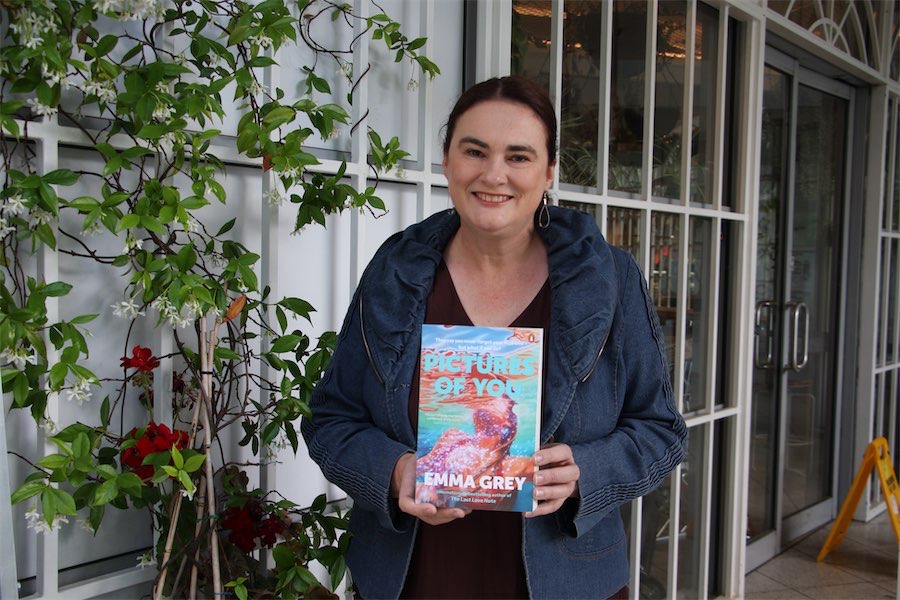
Music / “Chopin Vive”, Konrad Olszewski (piano). At All Saints Anglican Church, Ainslie, November 19. Reviewed by JAYDEN LOHE.
HOSTED by the Canberra-based Friends of Chopin Australia Association, in partnership with the Polish embassy, this concert celebrated 50 years of diplomatic relations between Australia and Poland. It was also the Friends’ first public concert after a three-year covid hiatus.
Melbourne-based pianist Konrad Olszewski, who gained his Masters of Music from the Melbourne Conservatorium, performed the works of Fryderyk Chopin (1810-1849) and some of Chopin’s Polish contemporaries with great drama, sensitivity, and technical dexterity.
His playing reminded us of the sounds audiences have missed and longed for, taken away by the covid pandemic – the extraordinary sounds of hearing Chopin’s music played live.
Olszewski opened with Chopin’s well-known Piano Sonata No. 2 in B flat minor op. 35, much-loved for its third movement, “Funeral March”. From the opening chords, Olszewski took the audience on a journey exploring the depths of anguish, sadness, and hope, all of which are intrinsic to this piece. The “Funeral March” was hauntingly beautiful, and the audience let out a collective breath at the conclusion of the rollercoaster final movement, having been led on a powerful journey by Olszewski.
Chopin’s Nocturne in E flat major op. 55 no. 2 was a good choice to follow the drama of the previous sonata with a more quiet and reflective nature, and Olszewski demonstrated his ability to find and explore new, pure tone colours in the piano.
Polish composer and virtuoso pianist Karl Tausig’s work Réminiscences de “Halka” de Stanislaw Moniuszko op. 2 was next. Tausig (1841-1871), who was mentored by fellow piano virtuoso Franz Liszt (1811-1886), used themes from the Polish opera Halka to produce a challenging work with extraordinary technical demands, clearly influenced by Liszt’s virtuosic style. But Olszewski was up for the challenge and breezed through it with ease, showcasing his
technical prowess.
After the interval, Olszewski returned on-stage for Karol Szymanowski’s work Masques, op. 34. Szymanowski (1882-1937) was a key Polish pianist and composer in the early 20th century, and this three-piece work explored the three well-known literary figures of Schéhérazade (“One Thousand and One Nights”), Tristan (Tristan and Isolde), and Don Juan (known from Mozart’s operas) in a more complex atonal style. It was the reviewer’s first experience with this composer, but Szymanowski’s music was intriguing and well-worth exploring.
The final works returned to the music of Chopin and his much-loved piano miniatures. These included Prelude, op. 28 no. 4 in E minor and one of the waltz-themed Grandes valses brillantes from opus 34. These were so relished by the audience that Olszewski returned to play an encore: Chopin’s famous Fantaisie Impromptu in C sharp minor.
The concert was a fitting celebration to celebrate half a century of diplomatic relations between Poland and Australia with the music of three Polish composers played so excellently by a Polish-Australian pianist, setting the stage well for a series of concerts planned next year by the Friends of Chopin Australia.
Who can be trusted?
In a world of spin and confusion, there’s never been a more important time to support independent journalism in Canberra.
If you trust our work online and want to enforce the power of independent voices, I invite you to make a small contribution.
Every dollar of support is invested back into our journalism to help keep citynews.com.au strong and free.
Thank you,
Ian Meikle, editor




Leave a Reply